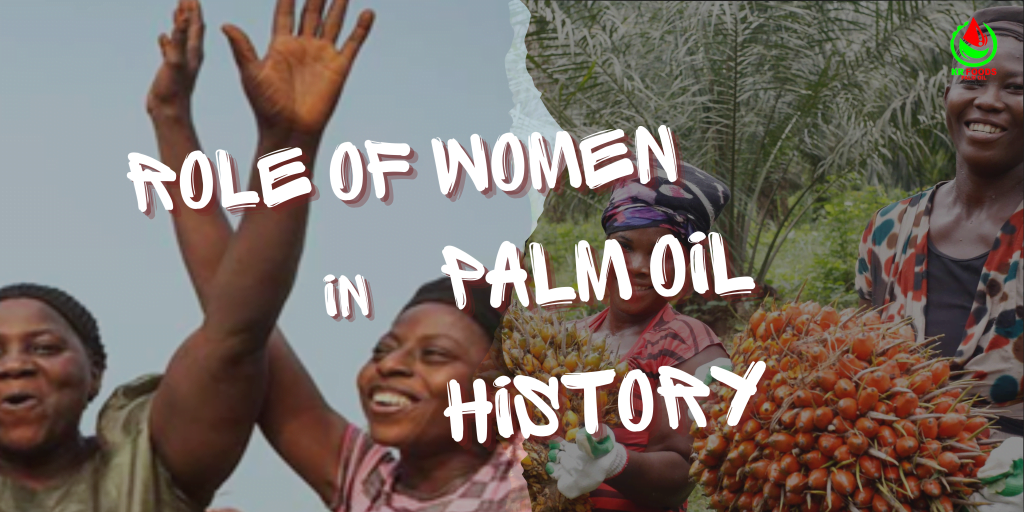In the heart of Nigeria’s lush oil palm groves, where the air is heavy with the scent of ripe fruit and the sound of rustling leaves, lies a story of resilience, strength, and community. Here, amidst the towering palms, women have long been the unsung heroes of the traditional palm oil processing industry. Their contributions, often overlooked but vital, have shaped not just the production of palm oil but also the social fabric of their communities. Let’s journey into their world and uncover the remarkable roles these women play in preserving a cherished cultural tradition.
In modern-day practice, women have continued to contribute significantly to the growth of the industry in the areas of processing, commerce and trade. Women account for up to 70% of the palm oil production process in rural communities. Their resilience and poise to sustain and support their families spur them to delve into daring tasks with the promise of a profiting reward for their efforts. The tale can be told of many women who sponsored their children through school from the proceeds of their palm oil trade.
The Harvesting
As dawn breaks over the palm-fringed landscape, women in villages across the palm oil-producing belt in Nigeria prepare for another day of labour beneath the canopy of green. Armed with baskets and matchets, they accompany the men (harvesters) to gather the harvested fruits and the loose fruits. The virtue of patience and feminine touch guarantees that a thorough job is done.
At lunchtime, all the labourers are treated to sumptuous meals prepared by these women to replenish the strength of the workers. Lunch breaks are a great time for bonding and social integration.
The evolution of technology with the use of tractors has made this operation more efficient. However, this practice persists in wide groove plantations due to the uneven dispersion of the trees in those areas.
Processing in the Community
Back at the village, a bounty of palm fruit, each piece ripe with potential. Throughout the day, the women’s labour continues as they stir pots of boiling palm fruits, their voices rising and falling in harmony. Here, amidst the steam and heat, they persevere in the rhythm of life beats in sync with the pounding of mortars and the laughter of children playing nearby. Women, gather in circles of solidarity and take up their positions around wooden mortars, their hands stained with the earthy hues of palm fruit.
Preserving Tradition, Empowering Communities
The women gather around the communal fire as the sun sets over the horizon, casting an amber glow upon the day’s work. Here, amidst the crackling embers, they share stories of triumph and challenge, of a heritage preserved through toil and love. Theirs is a legacy written not in ink but in the rich hues of palm oil a testament to the enduring spirit of womanhood in Nigeria’s palm oil industry.
The role of women in traditional palm oil processing in Nigeria transcends mere labour; it is a narrative of strength, resilience, and cultural preservation. From the groves where they harvest ripe fruit to the processing sites where they transform it into oil, women play a central role in every aspect of the industry. Their contributions, often woven into the fabric of everyday life, uphold traditions that have sustained communities for generations. As we celebrate their achievements, we honour the spirit of womanhood that continues to shape Nigeria’s palm oil heritage a legacy of empowerment, unity, and enduring grace.

I don’t think the title of your article matches the content lol. Just kidding, mainly because I had some doubts after reading the article.
Thanks for sharing. I read many of your blog posts, cool, your blog is very good.
Thanks for sharing. I read many of your blog posts, cool, your blog is very good.
Can you be more specific about the content of your article? After reading it, I still have some doubts. Hope you can help me.
I don’t think the title of your article matches the content lol. Just kidding, mainly because I had some doubts after reading the article.